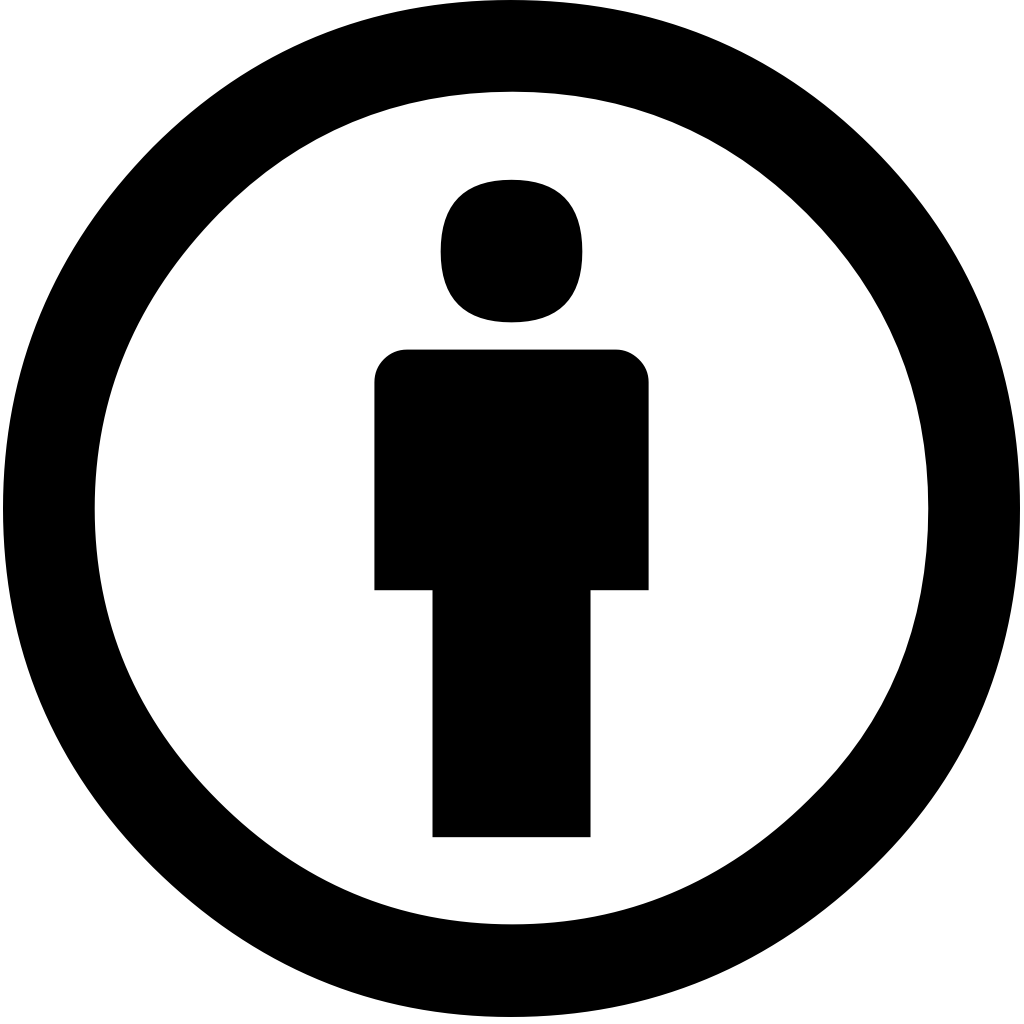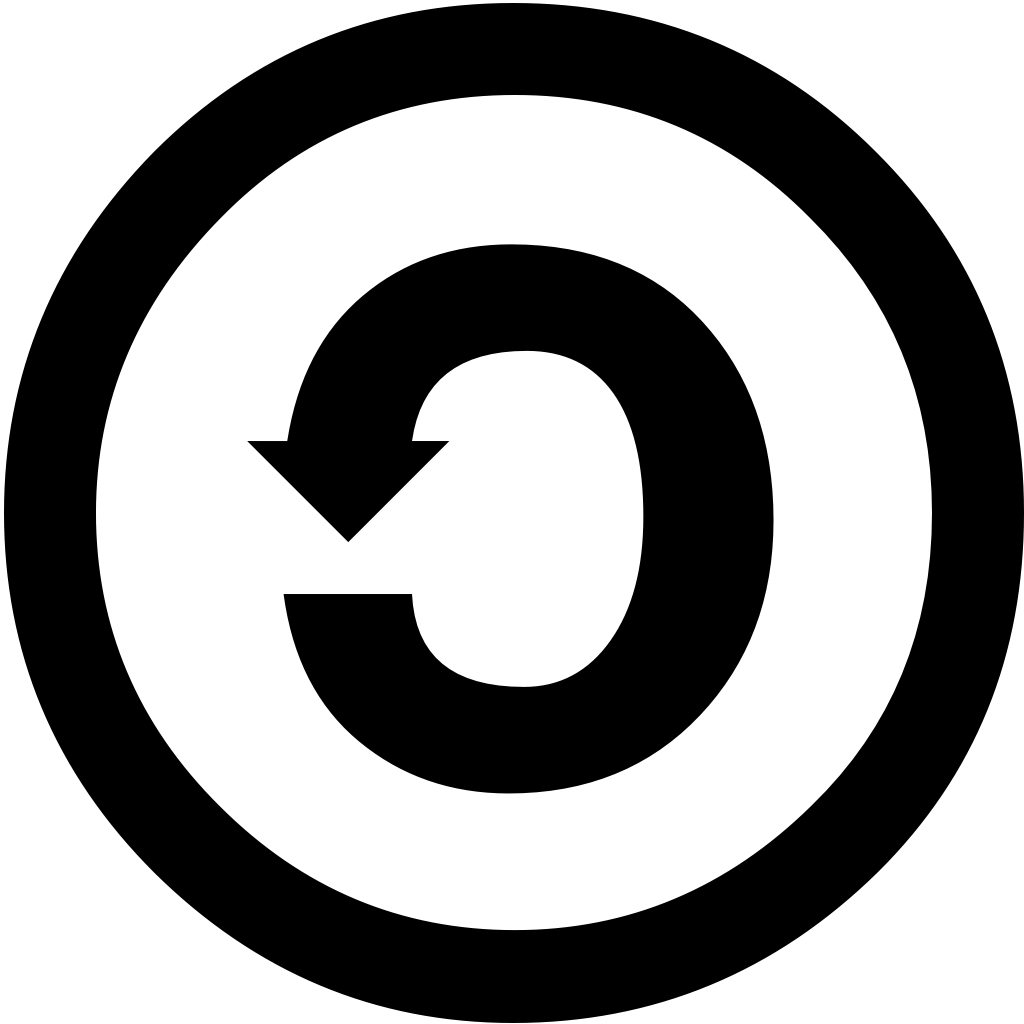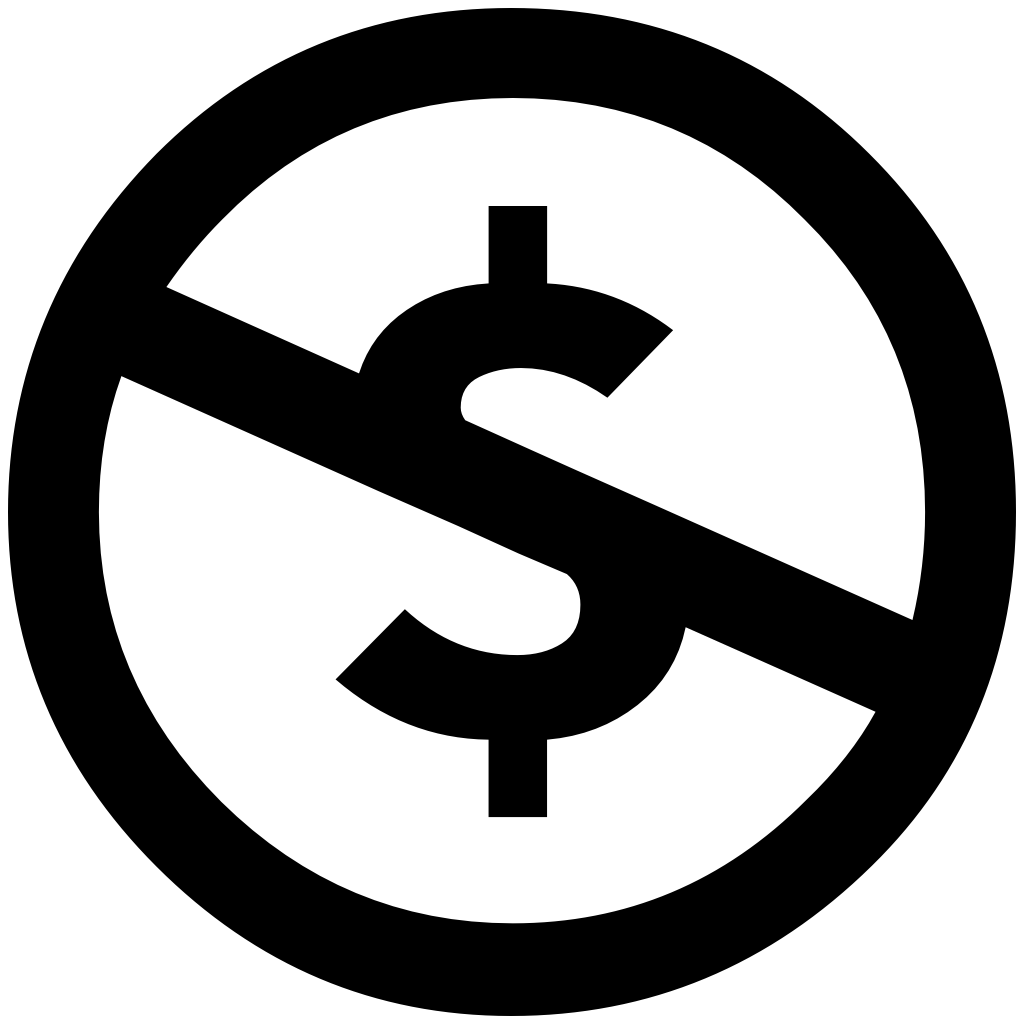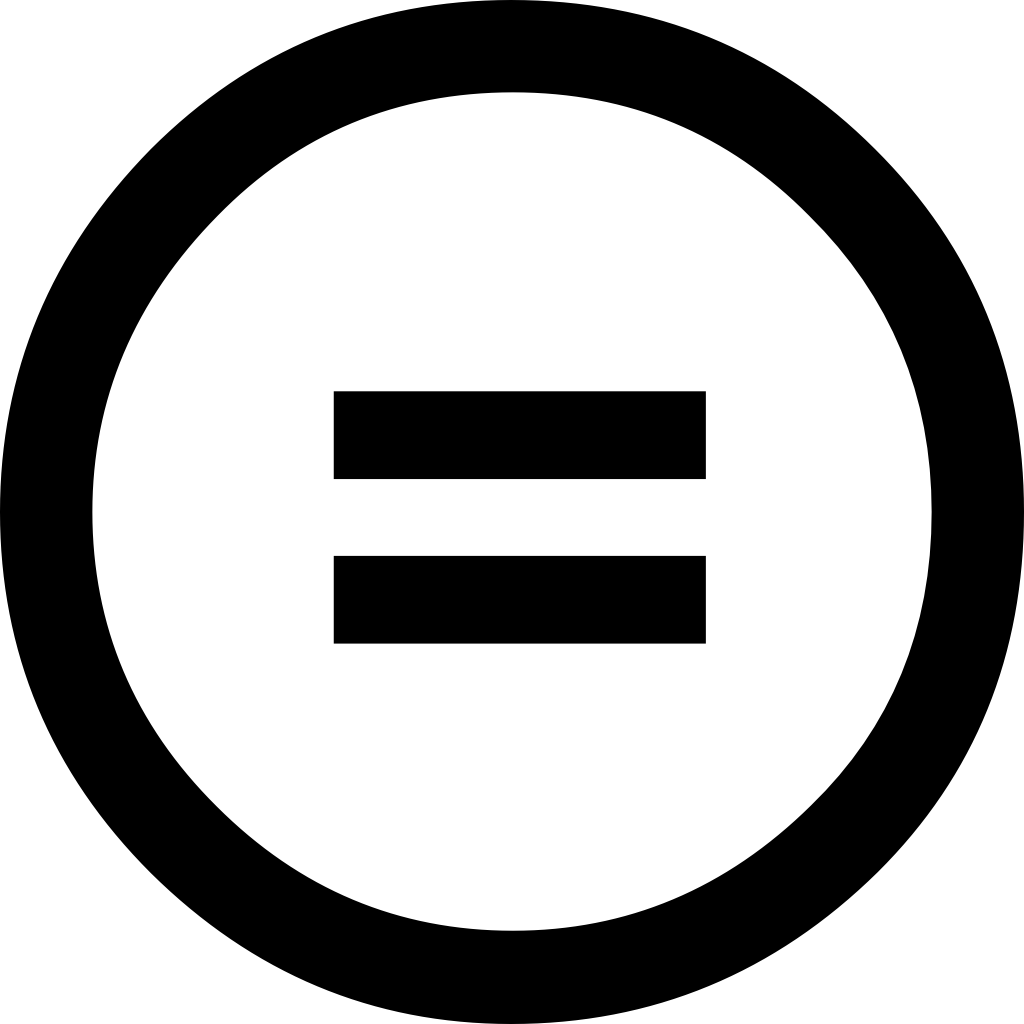It’s easy to right click on an image out there on the web and select “save as”, but posting this image to your website could constitute a copyright violation. Photos, video, music, written content and more are classed as intellectual property, and you usually need permission to use them on your site.
Fortunately, the internet is full of generous creators who have donated all kinds of media which you can use for free… you just need to know where to look and how to use it.
What’s protected by copyright?
According to US law (and enforced in many countries worldwide by the Berne Convention), the following original works of authorship are automatically protected by copyright at the point of creation:
- Literary, dramatic, musical and artistic works, such as poetry, novels, movies, songs, computer software and architecture
- original non-literary written work, such as computer software and architecture
- sound and music recordings
- motion pictures and other audiovisual works
This is not necessarily an exhaustive list. The copyright is in effect regardless of whether the material carries the © copyright symbol. Copyrighted works cannot be adapted, reproduced, distributed without permission even if you are doing so for free.
Unless you are sure that some material you find has been released from copyright (either into the public domain or perhaps the creative commons) in some form, you should assume it’s protected by copyright.
Where can I get media for my website?
You have a lot of options for finding images, video, audio, software, web content, 3D models, books, academic publications and other media for your site.
When someone creates something, they have the choice of retaining all rights to their intellectual property, sharing them under certain conditions, or releasing them into the public domain or similar license.
Creative Commons
The creative commons is a global non-profit open licensing organization which provides a legal framework for using content from contributors all over the world. Through a variety of Creative Commons Licenses, creators can allow others to use and remix their work to various degrees.
Here’s the description of the different types of licenses available from the creative commons licensing website:

Attribution (by)
All CC licenses require that others who use your work in any way must give you credit the way you request, but not in a way that suggests you endorse them or their use. If they want to use your work without giving you credit or for endorsement purposes, they must get your permission first.

ShareAlike (sa)
You let others copy, distribute, display, perform, and modify your work, as long as they distribute any modified work on the same terms. If they want to distribute modified works under other terms, they must get your permission first.

NonCommercial (nc)
You let others copy, distribute, display, perform, and (unless you have chosen NoDerivatives) modify and use your work for any purpose other than commercially unless they get your permission first.

NoDerivatives (nd)
You let others copy, distribute, display and perform only original copies of your work. If they want to modify your work, they must get your permission first.
Sources for Creative Commons and Open Licensed Content
- The Creative Commons Website
- Wikimedia Commons
- Flickr (ensure “Creative Commons” is selected in your search)
- SourceForge (look for “Open Source software”)
- Open Educational Resources Commons
Public Domain, CC0 and Similar Licenses
It’s also possible for created works to be freed from any licensing or attribution requirements altogether by being released into the public domain. Creative works are typically automatically released into the public domain many decades after they are created. Creators wishing to waive all rights (including attribution) sometimes struggle to enter their work into the public domain because various legal frameworks, so the Creative Commons provides the CC0 license to allow the status of their work to be as close as possible to public domain.
Sources for Public Domain/Similar Content
- Unsplash (High resolution images)
- Pexels (Images and videos)
- Project Gutenberg (Books)
- FreePD (Music)
Become a Contributor
The open web runs on the generosity of people like you to keep the internet free for everyone. If you have spare time or are trying to develop a media-based skill, please consider donating something yourself for others to use, distribute and remix in their own work!
*This post was derived from the Coventry.Domains Support Documentation under CC BY-NC 4.0.




